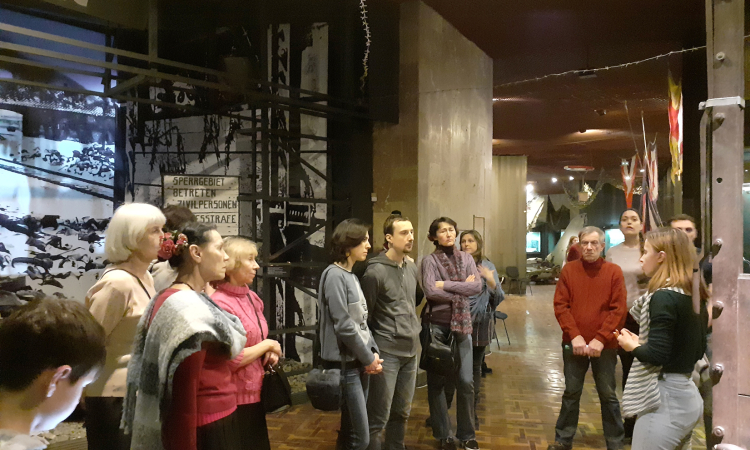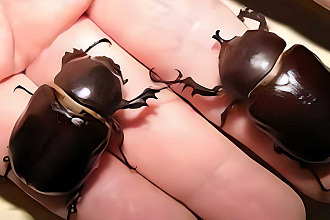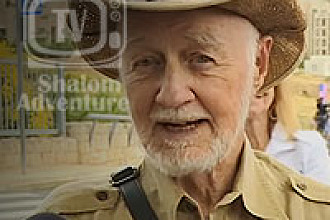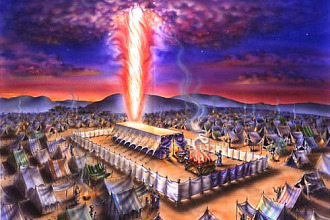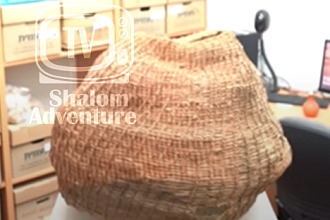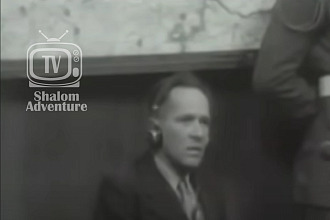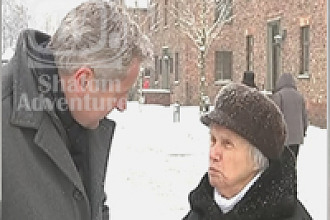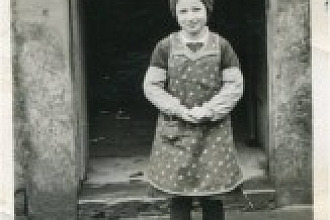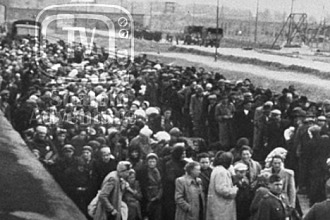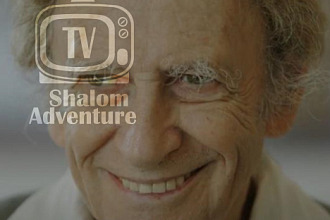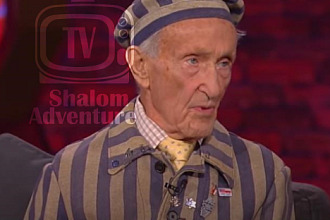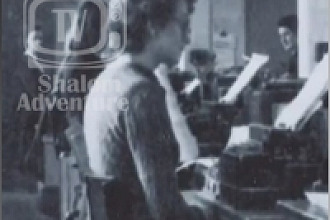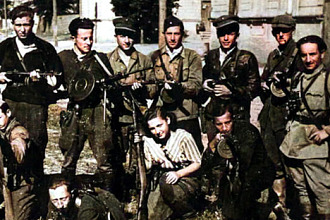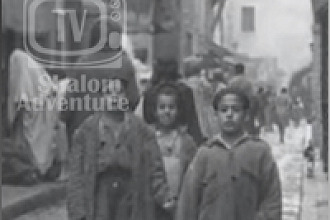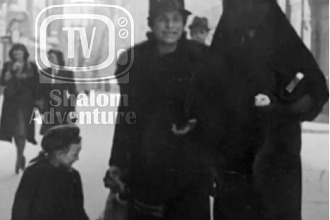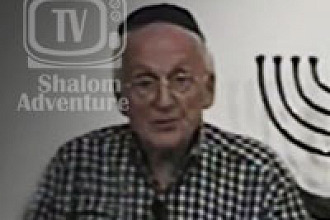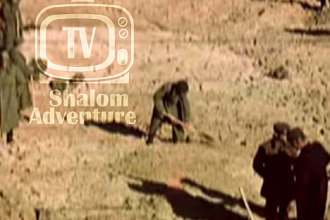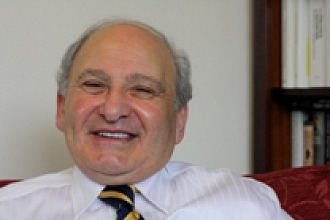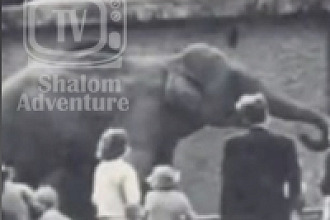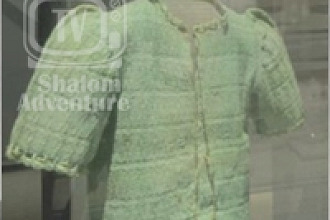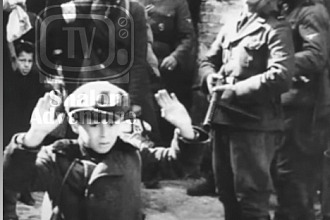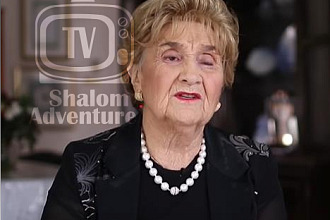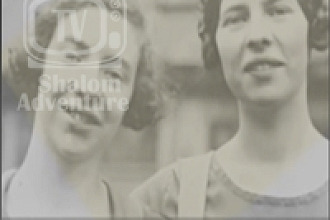This year on January 27, the world commemorated not only the International Holocaust Remembrance Day, but also the 75th anniversary of the liberation of Auschwitz.
The Second World War, which resulted in the deaths of 75 million people on the planet, including 40 million civilians, was the most devastating disaster of European and world Jewry, when 6 million daughters and sons of the Jewish people were murdered.
Every year, Beit Shalom Jewish Adventist Congregation in Kyiv commemorates the Holocaust. In past years, programs of music and poetry and lectures by experts on the history of the Catastrophe of European Jewry have been held. The Beit Shalom Congregation also traditionally participates in the #We Remember World Action.
This year, the Congregation held several commemorative events. On Saturday, January 25, congregation members gathered for a group photo with the inscription #We Remember, joining a worldwide Facebook action to commemorate the victims of the genocide of the Jewish people and to ensure that such tragedies never happen again.
The following day, Sunday, January 26, representatives and friends of the Congregation visited a specially organized event at the National Museum of Ukrainian History in World War II. The thematic tour was dedicated to the Catastrophe of the Jewish People during World War II in Ukraine and the selfless deeds of the Ukrainian Righteous Among the Nations who saved Jews, often at the cost of their lives.
Tour participants learned about the Holocaust and the Third Reich's policies on the extermination of the Jews, the death camps, Babi Yar and the events in Kyiv that preceded the executions, as well as the rescue of Jews by locals. The Nazi regime, initially depriving European Jews of the right to live among other citizens, gathered them into ghettos, then transported them to concentration camps and death camps. Prisoners were deprived of all property and eventually their own names, and were assigned numbers that were tattooed on their arms. Many were deprived of their lives in gas chambers, or were shot in ravines, at mass grave sites, in forests, or killed in various punitive expeditions, and more.
Throughout the museum's impressive exhibits, visitors saw various mementos of the concentration camp prisoners and the victims of Babi Yar, but the most horrifying exhibits were mattresses made out of human hair, a pair of gloves made out of human skin and a piece of soap made out of human fat.
Nevertheless, a ray of hope shone among the impenetrable darkness: people of good will tried to save the lives of the Jews: children, women and entire families. The museum guide spent much time telling the stories of these Ukrainian rescuers. Despite the inevitable punishment for saving Jews, these rescuers did everything possible and impossible to save their lives, regardless of their own status, religion, etc. The museum preserves the testimonials and records of the deeds of these people who felt they could not do otherwise. These include the family of the Orthodox priest Alexei Glagolev, ecclesiastical figures of the Greek Catholic Church, the Sheptytsky brothers, and Omelyan Kovch, and other ordinary people and families.
Church members remembered the story of a teacher from the Cherkasy region, Alexandra Shulezhko, who rescued 25 Jewish children by asking permission from the Nazi occupation authority to begin an orphanage, without disclosing the origin of her children. She gathered young Jewish orphans into her care and skillfully hid them from the Nazis by having them wear beast masks on their faces during demonstrations, and hiding them in a ward for infectious patients. After the war, she was suspected of collaborating with the Nazis and was thereby unfairly deprived of opportunities to work in her profession, being allowed to take up only very humble positions. Thanks to the testimony of the children rescued by Alexandra, the Israeli World Holocaust Remembrance Center, Yad Vashem, awarded her the honorary title of Righteous Among the Nations, but unfortunately this award came after her death.
Ukraine ranks fourth in the list of Righteous Nations in the list of countries that saved Jews during the genocide. The official number of such people in the country is 2573 heroes, but how many brave people who loved their neighbor more than their own lives are yet unknown to the world!
The tour participants were amazed by what they saw. “It's hard to imagine what happened. ... How many families were destroyed! You walk the streets, past houses where children and adults lived whose lives were cut short in Babi Yar. This is a story that should be taught to future generations so that it cannot be silenced and human life devalued,” they said.
Activities such as this excursion are needed to understand the value of human life, to preserve the memory of events of history that, like a devastating hurricane, destroyed a significant percentage of world Jewry. And today, as the world remembers these dark years, the Beit Shalom community joins these sad and important occasions to express their condolences to the Jewish people and persistently proclaim, "We remember this tragedy, and as we seek and hope for the healing of the children of Israel from the Holocaust wound, we are determined that the lessons of this Catastrophe will never be forgotten, so that nothing like this will ever happen again."
Picture originally found here

